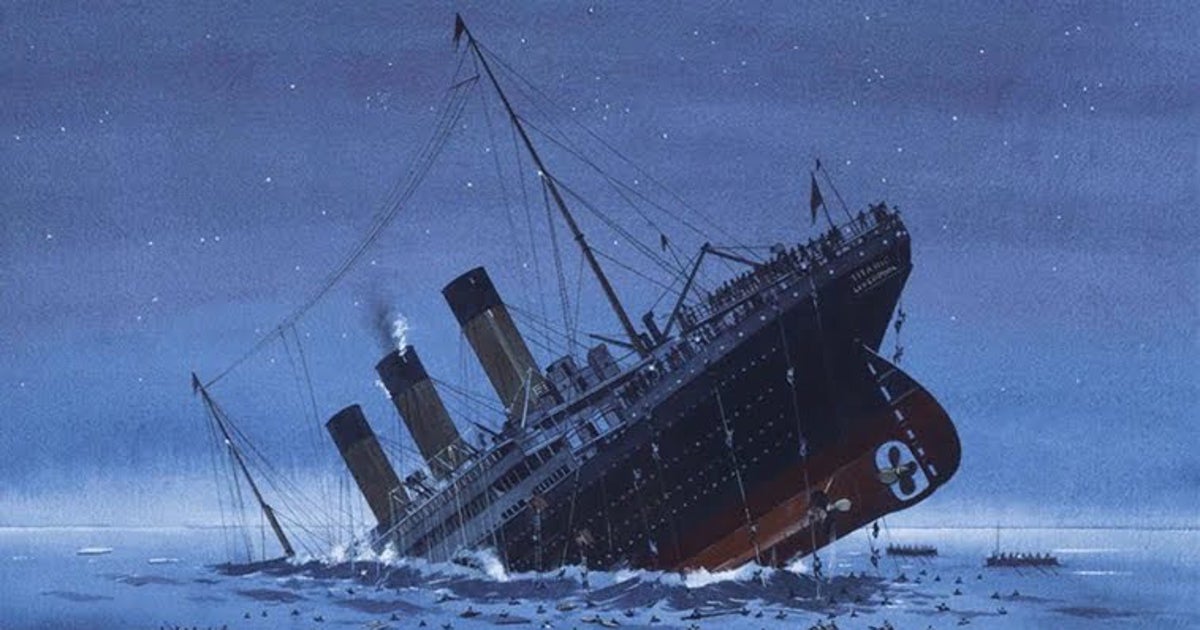Predictions and prophecies have always captured the human imagination. From ancient times to the modern era, prophecies have caused a mix of phobia, wonder, and intrigue. In the fascinating universe of prophecies, some stand out for their impact and the discussions they generate. The following content unravels the mystery of the most shocking prophecies in history. Is it all fate or just coincidence?
Prophecies have been interpreted and analyzed throughout the years, from the religious sphere to science, and have even managed to influence the course of history in some cases. In this material, we will explore the most intriguing and debated aspects of some famous prophecies. The details will be delved into, the facts will be unraveled, and what is often taken for granted will be questioned.
In the vast sea of prophecies, some stand out for their accuracy and relevance. From Nostradamus' predictions to Mayan prophecies, to Biblical prophecies, the most fascinating stories will be exposed. Focus on this exciting journey to find out if it really is a coincidence or if we are really on a predestined path. Join us on this intriguing and revealing journey! 🕵️♀️📖🔮
The Most Shocking Prophecies in History
Nostradamus: Accurate predictions or mere coincidence?
Michel de Nostredame, better known as Nostradamus, is one of the most iconic figures in the field of prophecy. He wrote his poetic quatrains filled with mysterious imagery in his book “The Prophecies,” which still spark debates about their accuracy today.
A famous example is his prediction of the death of King Henry II of France in a jousting accident. Nostradamus described “The young lion will defeat the old one on the battlefield, in a single fight. He will pierce his eyes in a golden cage; two fleets, one, then he dies, a cruel death.”This description fits the way the king died. But was it an accurate premonition or a mere coincidence? This debate remains a point of contention for scholars.

The sinking of the Titanic: Predicted or a disturbing coincidence?
A lesser-known fact is the prediction of the Titanic tragedy in Morgan Robertson’s novel “Futility” or “The Wreck of the Titan”, published in 1898, 14 years before the Titanic sank. The book tells the story of a ship called “Titan”, which sinks in the North Atlantic after hitting an iceberg. The similarities between the fictional story and the real disaster are eerie, but most attribute them to a ghastly coincidence.

Fate and Coincidence
Destiny: the belief in a pre-established order
Belief in fate implies that the events of our lives are predestined and beyond our control. According to this view, prophecies are possible because everything follows a pre-established plan.
However, this belief can lead to a fatalistic attitude and the idea that we cannot change our future. While for some it may be comforting to believe that there is a “plan,” for others it can be restrictive and discouraging.
Coincidence: a more rational explanation?
The other side of the coin is coincidence. Skeptics of prophecy argue that any “hit” is simply a result of the law of large numbers. Given enough vague and ambiguous predictions, some are likely to appear accurate.
This view can also be daunting to some, as it suggests that the universe is random and there is no underlying plan or purpose. However, for others, it can be liberating to think that they are in control of their own destiny.
Interpretation and subjectivity in prophecies
One of the difficulties with prophecies is their subjective nature. They are often ambiguous and open to interpretation. For example, Nostradamus' quatrains are written in cryptic, symbolic language. Critics argue that "predictions" are only identified after an event has occurred, in a process known as feedback.
Furthermore, prophecies can be self-fulfilling. If someone believes that something is going to happen, they may act in ways that will make it happen. This is particularly true of personal predictions, such as those in a horoscope.
So, fate or coincidence?
The question of whether prophecies are real premonitions of the future or mere coincidences has no definitive answer. It depends on individual interpretation and beliefs. Do you believe in a pre-established plan or in the randomness of the universe? Do you think psychics have a real vision of the future or are they just making educated guesses that sometimes turn out to be correct?
Perhaps, instead of looking for definitive answers, we should appreciate the fascination and mystery surrounding prophecies. After all, as the famous scientist Carl Sagan once said: “The universe is not made of atoms, but of stories.”
Conclusion
In short, the mystery and fascination surrounding historical prophecies and predictions, such as those of Nostradamus or the eerie coincidence of the Titanic, often leave more questions than answers. The debate over whether these events are a product of fate or mere coincidences leads us to question our beliefs and perceptions of reality. Is the universe an orderly and predictable place, where everything follows a pre-established plan? Or is it a sea of randomness where coincidences and happenstance are the norm? Regardless of the perspective we choose, it is undeniable that these shocking prophecies, full of subjective interpretations and cryptic symbolism, capture our imagination and feed our thirst for mystery and knowledge. Perhaps, as Carl Sagan suggested, instead of looking for definitive answers, we should appreciate the universe as a collection of stories, each with its own dose of mystery and uncertainty. Ultimately, whether it is fate or coincidence, prophecies will continue to be a fascinating topic of discussion and debate.



